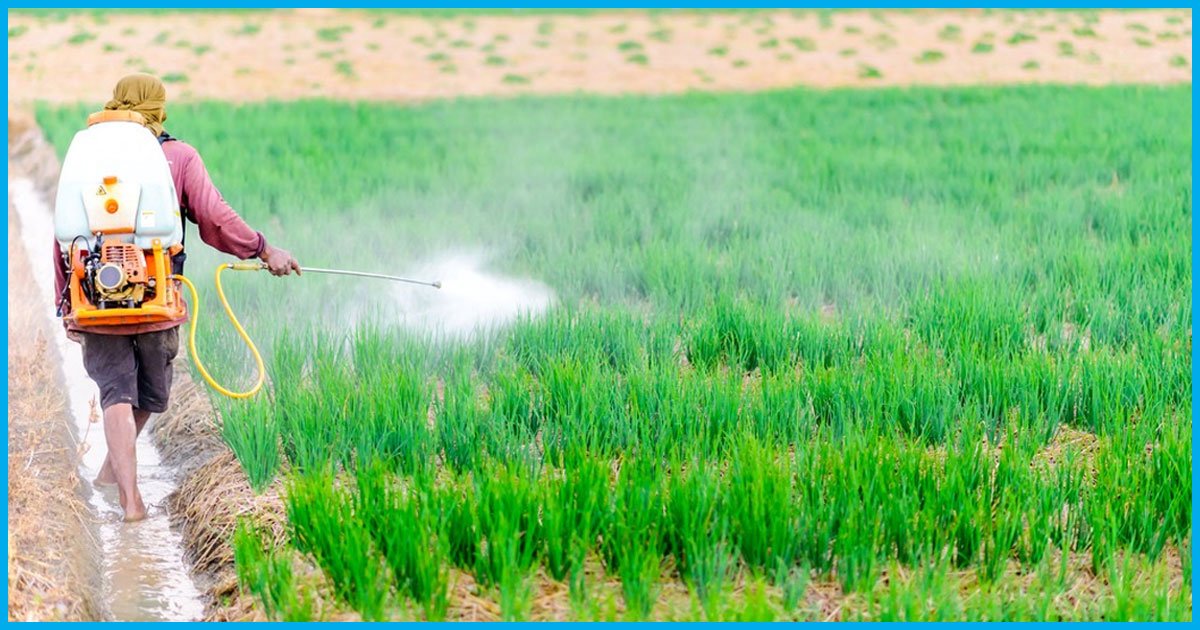
Punjab Government Bans Sale Of 20 Pesticides In The State; Know About Them
2 Feb 2018 12:07 PM GMT
The Department of Agriculture and Farmer Welfare of the Government of Punjab yesterday issued order banning the sale of 20 pesticides in the state with immediate effect, which is harmful to humans and environment and also not to release any fresh licenses to these pesticides.
A New Delhi based Think Tank, Centre for Science and Environment, has welcomed the Punjab Government’s decision and urged the centre to follow the same.
“We are pleased to know about this much-needed step. If a state like Punjab, which is a high pesticide user, acts in the interest of public health, it is incumbent on the central government to take necessary steps to eliminate the sale of highly toxic pesticides in the entire country,” said Chandra Bhushan, Deputy Director General of the CSE.
Pesticides banned
Some among the 20 pesticides banned by the Punjab Government include Phosphamidon, Methomyl, Phorate, Trizaphos and Monocrotophos, which are considered Class I pesticides and are further categorized as “extremely hazardous (Class- IA)” and “highly hazardous(Class-IB)”. In fact, many of these pesticides are banned in several countries.
Phosphamidon is banned in 49 countries, Phorate in 37, Triazophos in 40 and Monocrotophos is banned in 60 countries.
India still allows the use of these five along with several other Class I pesticides. The Ministry of Agriculture and Farmer’s Welfare, based on a 2015 review by the Anupam Verma Committee, through an order of December 2016, planned to ban only three out of these and that too starting from 2021.
Good measure
With the surging ill-effects of pesticides and deaths related to it, the Centre for Science and Environment has been advocating for a ban on Class I pesticides and seeking a pesticide management bill which fills gaps in laws and strengthens enforcement.
“We must address the issue of Class I pesticides. These account for about 30 percent of the total insecticide use in our country. The government action in this regard has been largely inadequate so far,” said Amit Khurana, Senior Manager, Food and Safety and Toxins Team, CSE.
Punjab contributes nearly 50 percent food grains (wheat and paddy) to the central pool despite having just 1.54 percent of the country’s geographical area.
 All section
All section













